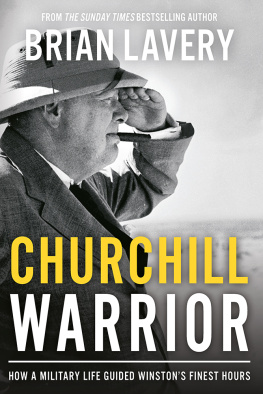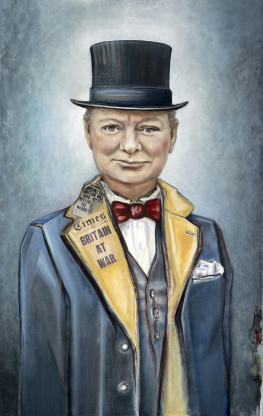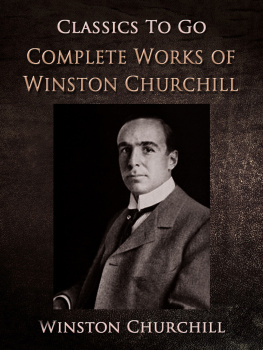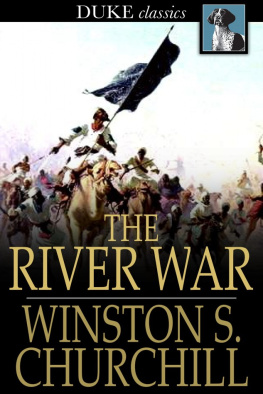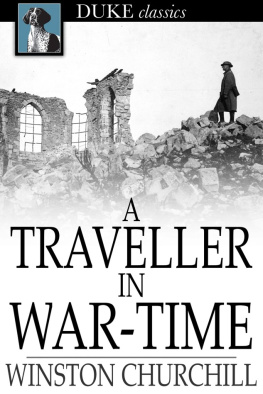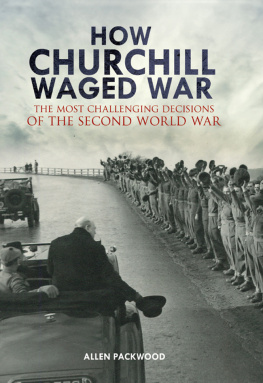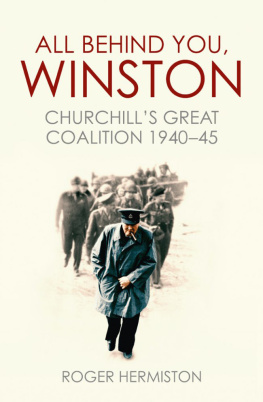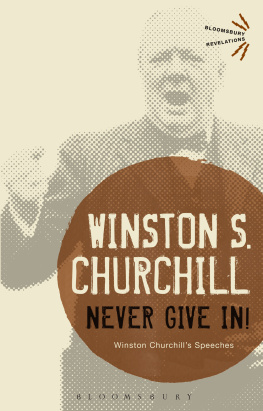

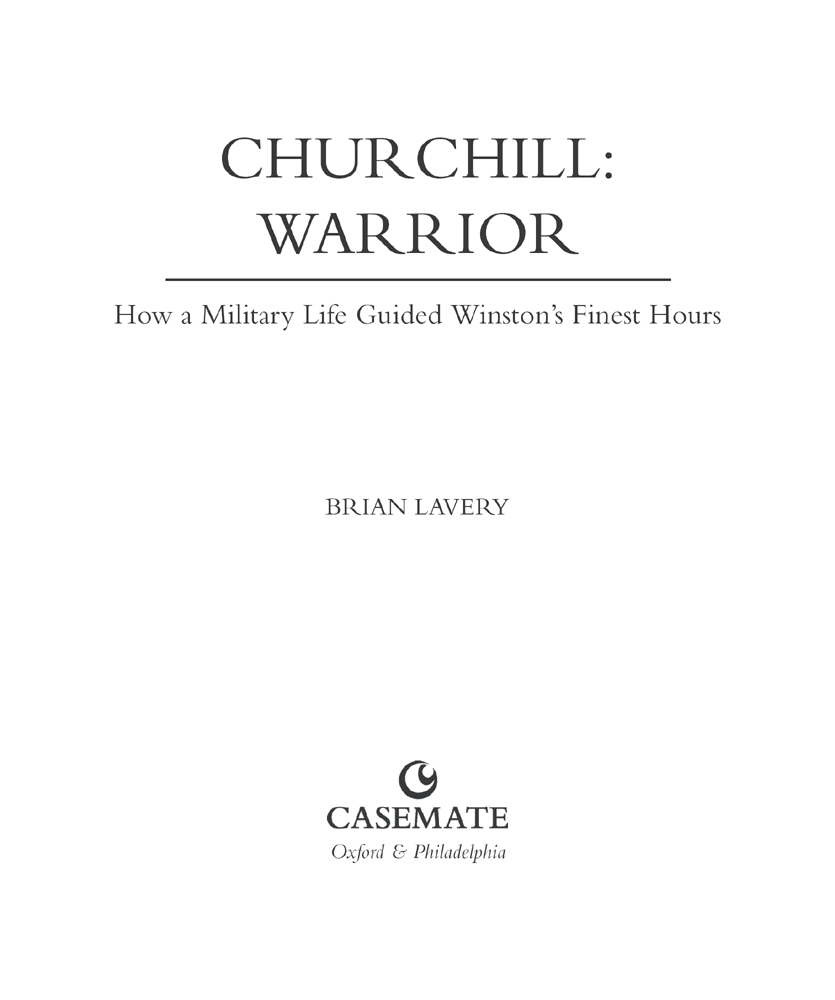
Published in Great Britain and the United States of America in 2017 by
CASEMATE PUBLISHERS
The Old Music Hall, 106108 Cowley Road, Oxford OX4 1JE, UK
and
1950 Lawrence Road, Havertown, PA 19083, US
Copyright 2017 Brian Lavery
Hardcover Edition: ISBN 978-1-91086-022-9
Digital Edition: ISBN 978-1-61200-567-6
A CIP record for this book is available from the British Library
All rights reserved. No part of this book may be reproduced or transmitted in any form or by any means, electronic or mechanical including photocopying, recording or by any information storage and retrieval system, without permission from the publisher in writing.
Printed and bound in the United Kingdom by TJ International Ltd
Typeset in India by Lapiz Digital Services, Chennai
For a complete list of Casemate titles, please contact:
CASEMATE PUBLISHERS ( UK)
Telephone (01865) 241249
Email:
www.casematepublishers.co.uk
CASEMATE PUBLISHERS (US)
Telephone (610) 853-9131
Fax (610) 853-9146
Email:
www.casematepublishers.com
Acknowledgements
Thanks are due to John Lee for suggesting the book in its present form and encouraging me with it; and to Deborah Blake for editing it sympathetically. Also to the staffs of the London Library, Churchill Archives Centre, Imperial War Museum, National Maritime Museum, British Library, Public Record Office of Northern Ireland, and the National Archives at Kew.
Introduction
Monday 28 April 1941 was a relatively ordinary day during the extraordinary years of the Second World War. The British Prime Minister had spent the weekend in the country retreat at Chequers. General Sir Alan Brooke, the commander-in-chief of home forces, thought Churchill was in great form after a broadcast to the nation. Though he was kept up until 3.30 am, he wrote to Churchill that These informal talks are of the very greatest help to me, though in later times he would be less happy about the Prime Ministers late hours. Meanwhile Churchill was driven 40 miles, partly though the blitzed streets of London, back to Downing Street to begin his days work. He drafted a long memo on the situation in the Middle East, looking at the prospects there now that Greece had been evacuated, and considered the possibilities of war with Japan, which he thought unlikely for the moment. He produced another memo on the use of fighter aircraft fired by catapult from merchant ships to drive off enemy reconnaissance aircraft, to be presented to the Battle of the Atlantic Committee which he chaired. In a separate memo he asked about plans for the evacuation of Egypt if the enemy advance continued there. Another memo queried what had happened about his order of last summer to train 5,000 parachute troops, though that was reduced to 500. He had heard that the Italians had shot Free French prisoners of war and wanted to consider the question of reprisals. He suggested that the navy should resume the blockade of enemy-held ports in Tripoli and asked about plans to defend Crete, where it was believed the enemy was planning an airborne attack. He wrote to the Foreign Secretary telling him not to discourage direct questions from President Roosevelt, for United States support was crucial to his plans; and Lord Halifax was also to consult with the Ministry for Economic Warfare about an Italian presence in Iraq. He followed up a previous telegram to the commander-in-chief in the Mediterranean about general policy.
Every one of these memos was personal to Churchill. His secretary, John Colville, later wrote that by 1943 it was possible to imitate his style fairly closely on matters which were not of supreme importance and I reached the stage where I could draft most of his shorter compositions without his correcting them. But there was no suggestion that was happening in 1941. There was never any doubt that Churchills own thoughts were being conveyed in the memos, and he was not dependent on expert advisers in producing them.
All this was done before or after a long lunch followed by his usual afternoon nap. Then in the evening he chaired a meeting of the War Cabinet in which he agreed to have an open debate in the House of Commons on the progress of the war, and offered to begin it himself. He commented on unexpectedly low figures for shipping losses, which paradoxically should not be published as they might give ammunition to American isolationists who would argue that US support was not needed. He thought that American journalists were not being fed enough news, which gave the Germans an advantage. He wanted to warn the puppet Vichy government in France that they should not allow German troops in their colonies, and foresaw friendly neutrality from Turkey. He discussed the evacuation from Greece in some detail, and thought that its success was a matter for congratulation. But still his day was not done, for at 9.30 that evening he took the chair at a meeting of the Defence Committee of the War Cabinet, attended by the heads of the armed services as well as politicians. He wanted the army to fight for every inch in Egypt now that the Germans were fighting there as well as the far less effective Italians. He was told that tanks were the key to desert warfare, and current British types were unsuitable. He queried the efficiency of the air force in the region and was reassured by the Chief of Air Staff. It was clear that Churchill had views on every aspect of the war on land, sea and in the air, as well as its effect on neutral and friendly countries.
It was not just his work rate and his self-confidence which allowed Churchill to dominate the war effort. He had a unique and intimate inside knowledge of all three services which allowed him to assess their real needs a crucial task when money, material resources, and especially manpower, were reaching their limits. No defence minister in modern times has faced such severe problems. No one else has ever been able to balance the needs of the services in such a way most of the ministers came from outside with little service experience, while for those trained in a service career it is almost impossible to gain inside knowledge without a bias in favour of one service or another. But Churchills knowledge of the three services was almost perfectly balanced by his experiences since he first joined the army in 1893. He made his share of mistakes as a war leader, but this balance served him, his cause and his country well.
This book looks at how Churchill gained his unique insight into war strategy and administration, and the impact this had on his thinking and leadership. The final part deals with the effect of these experiences on his wartime leadership not just the direct references to the past, which are relatively few, but how they gave him the knowledge and confidence to deal with advisers who were usually vastly more knowledgeable and experienced within their own fields. It is not intended as a history of the Second World War, or even of Churchills role in it, but as a demonstration of how his past experiences affected his conduct and decision, and how much his personal opinions and interventions affected policy.
It may be difficult to believe there is a gap in Churchill studies, but this book is intended to fill one. His most extensive biographies have been written by political historians who do not always stress the importance of the military dimension in his life. Military histories of the period often focus on specific issues. For example, there are many books on naval history before 1914, but they usually deal with specific aspects technology, ship design, strategy, gunnery, aviation, administration and so on and these works do not always appreciate the full range of Churchills activity. His administration of the Admiralty from 191114 is overshadowed by the Fisher reforms which went before it, and the dramatic events of his own later career, but this book will contend that it was one of the most important periods in his life, and that his reforms, had war not intervened, would have seemed as important as those of Fisher, and often more successful.
Next page
